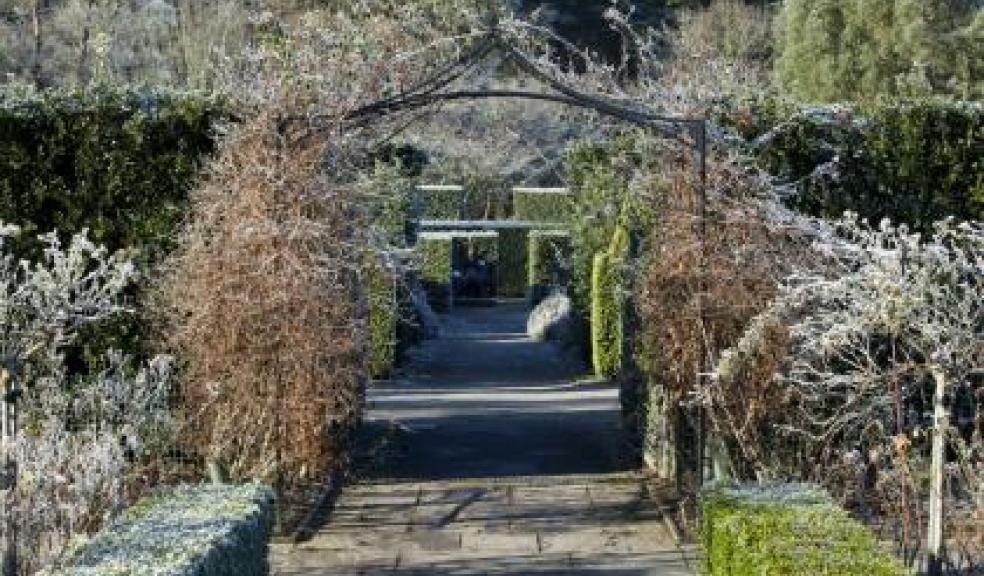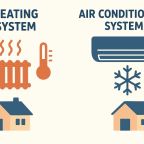
RHS calls on garden lovers to take part in unique climate change study
Scientists from the Royal Horticultural Society (RHS) and the University of Reading are asking anyone interested in gardens and gardening, whether allotment holders or those who enjoy visiting gardens, to take part in a unique survey designed to improve understanding of how climate change may affect gardens and green spaces in the future.
The information gathered will enable the RHS to gain valuable insights into gardeners’ awareness and expectations of climate change, in the light of the recent bitterly cold winters, record rainfall levels, floods, and severe droughts.
The RHS believes the information gained from the survey will help UK horticulture to prepare for the challenges and opportunities of gardening in a changing climate that may include:
• Managing drier soils in summer and wetter soils in winter
• Maintaining historic gardens as they adapt to a changing climate
• Dealing with storms and floods
• An intensification of both native and alien pest and diseases
• Changes in flowering times that affect pollinators and other wildlife
• Northward shift of optimum growing conditions for some plants
Speaking about the research, RHS Acting Head of Science John David said: “In the battle to understand better the challenges and opportunities that climate change presents, the most valuable resource we have is the millions of people who care about their gardens and the green spaces around them.
“We therefore urge anyone who values our gardens and parks and is concerned about their long-term sustainability to take the time to complete the questionnaire* and contribute to the future of gardening in the UK.”
It has been a decade since the implications of climate change on gardening has been examined in such detail, and much has changed since then. In 2002 the RHS and others contributed to the ‘Gardening in the Global Greenhouse’ report which drew on climate models that indicated a general warming of the UK weather.
The projections at the time led to the general understanding of a future trend of increased temperatures, less frost and snow and decreased summer rainfall for the UK. It has now become apparent, based on more recent data and climate models, that the scenarios projected in that report are in need of updating, as both the nature and rate of change are significantly different.
*To complete the survey please visit: http://www.survey.bris.ac.uk/reading/climate3











